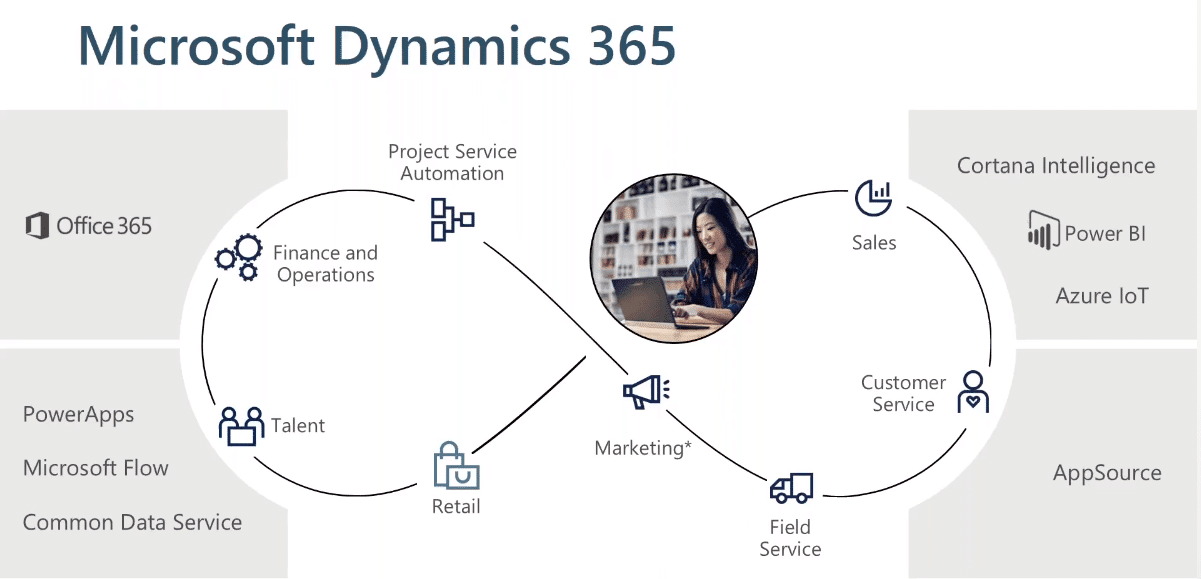Every business owner knows the struggle: how do you get your product from Point A to Point B without sacrificing time, money, or quality? The solution: a reliable logistics provider. But how do you choose the right one for your business? Let’s dive in.
Understanding the Importance of a Good Logistics Provider
The Role of a Logistics Provider
Logistics providers, often referred to as third-party logistics (3PL) companies, play a pivotal role in any business model. They are responsible for managing and optimizing various aspects of the supply chain, ranging from transportation and warehousing to inventory management, packaging, and distribution. Acting as the backbone of your business operations, a reliable logistics provider ensures that all elements within the supply chain flow seamlessly, creating efficiency and maximizing customer satisfaction.
The Impact of Logistics on Your Business Performance
Choosing the right logistics provider has a profound impact on your business’s overall performance. A dependable and efficient provider can streamline your supply chain processes, leading to smooth operations, improved delivery times, and customer satisfaction. On the other hand, entrusting your logistics operations to an unreliable provider can result in delays, damaged goods, and dissatisfied customers. The choice of a logistics provider is one that cannot be taken lightly, as it directly influences your business’s success and reputation.
Key Factors to Consider When Choosing a Logistics Provider
Scalability
When selecting a logistics provider, it’s crucial to ensure they can scale their operations according to your business needs. Assess their ability to handle peak seasons, sudden surges in demand, and accommodate fluctuations in your business requirements. A flexible logistics partner can efficiently adjust capacity, resources, and staffing levels to align with your changing needs, helping you avoid unnecessary costs during quieter periods and ensuring smooth operations during peak times.
Technology
In today’s digital age, a logistics provider’s use of technology is paramount. Look for a provider that leverages cutting-edge technology to enhance transparency, efficiency, and accuracy throughout the supply chain. Real-time tracking capabilities enable you and your customers to monitor shipments at every stage. Automated inventory management systems streamline inventory control, reducing errors and optimizing stock levels. Robust data analytics provide valuable insights to improve decision-making and optimize processes.
Service Level
High service levels are non-negotiable when it comes to logistics providers. Consider the provider’s track record in delivering prompt and efficient deliveries, as well as their commitment to professional customer service. Quick and effective issue resolution is vital to minimize disruptions and maintain customer satisfaction. Remember that your chosen logistics provider represents your brand, so their service level directly impacts your reputation and customer experience. Choose a provider with a strong focus on service excellence to ensure a positive and seamless end-to-end experience for your customers.
Experience and Expertise
Partnering with a logistics provider with relevant industry experience and expertise is crucial. Evaluate their track record in handling similar products or industries, as this demonstrates their understanding of the unique challenges and requirements specific to your business. An experienced provider brings knowledge and insights that can contribute to effective supply chain management, including best practices, regulatory compliance, and industry-specific solutions. Look for case studies or testimonials that highlight their successful partnerships with businesses similar to yours.
Geographic Coverage
Consider the geographic coverage of the logistics provider to ensure they can effectively reach your customers, regardless of their location. Assess their network capabilities, including transportation infrastructure, warehousing facilities, and distribution channels. A provider with a broad geographic reach can offer faster and more cost-effective delivery options, enabling you to serve customers in various regions efficiently. Additionally, verify their expertise in navigating international logistics, including customs regulations, trade compliance, and cross-border operations if you have a global presence.
Best Practices to Follow When Choosing a Logistics Provider
Conduct Comprehensive Market Research
Begin by conducting thorough market research to identify potential logistics providers. Look beyond their websites and delve into their reputations, track records, and client testimonials. Online reviews and ratings can also provide valuable insights into their performance and reliability. This research will help you create a shortlist of reputable providers to consider.
Prioritize Your Specific Requirements
Every business has unique logistics requirements. Clearly define your specific needs, priorities, and any specialized services you may require. This could include factors such as transportation modes, geographic coverage, industry expertise, or value-added services. Use these defined criteria as a benchmark when evaluating potential providers to ensure they align with your business goals.
Request for Proposal (RFP) Process
To gather detailed information and proposals from shortlisted providers, initiate a Request for Proposal (RFP) process. Develop an RFP document that clearly outlines your requirements, expectations, and evaluation criteria. This will allow you to receive standardized proposals from each provider, making it easier to compare their services, capabilities, and pricing.
Review and Analyze the Proposals
Take the time to review and analyze each proposal received from the shortlisted logistics providers. Carefully assess the alignment of their offerings with your defined requirements. Look beyond pricing and consider other factors such as service levels, technology solutions, experience in your industry, geographic coverage, and their ability to handle any specialized needs your business may have.
Selecting the Best Provider
Based on a thorough analysis of the proposals, select the logistics provider that best meets your needs and aligns with your business goals. Consider factors such as their experience, reputation, service levels, technological advancements, scalability, and overall fit with your organization. It’s essential to choose a provider that not only offers competitive pricing but also demonstrates the ability to deliver the level of service and support that your business requires.
Conclusion
Selecting the right logistics provider is a critical decision that can significantly impact your business’s success. By considering factors such as expertise, service offerings, track record, technological capabilities, scalability, and cost, you can make an informed choice. Remember that a strong logistics partnership goes beyond transactional services; it involves collaboration, trust, and a shared commitment to your business goals. Take the time to evaluate your options, ask relevant questions, and choose a logistics provider that aligns with your unique needs and supports your growth aspirations. With the right logistics provider by your side, you can streamline your supply chain, improve operational efficiency, and gain a competitive edge in today’s dynamic business landscape.







